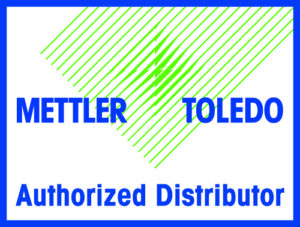Metrology Glossary: Explosion Proof
What Is Explosion Proof?
Explosion-proof equipment serves a crucial role in safeguarding environments where the potential of explosions exist. Its primary purpose is to prevent the initiation or propagation of explosions, ensuring the safety of personnel and assets. This specialized equipment is encased within robust, resilient containers designed to withstand the formidable pressures generated by internal explosions. These enclosures are also sealed to confine sparks and flames, preventing their escape and potential ignition of volatile substances in the surroundings. Explosion-proof equipment represents a crucial line of defense against catastrophic events in hazardous workplaces, upholding the highest standards of safety and security.
What Is Explosion Proof Equipment Used For?
- Chemical plants and refineries: To avert devastating explosions in the presence of flammable gases and liquids, explosion-proof fixtures and electrical motors are employed, preventing sparks and containing internal explosions, ensuring the safety of workers and facilities.
- Mining and drilling operations: Mitigating explosion risks from dust particles and methane gas in mines involves using explosion-proof ventilation systems, communication devices, and machinery, safeguarding miners and maintaining operational continuity.
- Oil and gas industry: The constant exposure to flammable hydrocarbons in the oil and gas sector requires explosion-resistant valves, pumps, and control systems to prevent leaks and confine potential explosions. This protects personnel and minimizes environmental damage.
- Food processing and grain storage facilities: Combustible organic materials like flour dust pose ignition risks. Explosion-resistant equipment in processing lines and storage bins minimizes these risks, ensuring worker safety and preventing downtime.
- Paint and coating booths: Preventing fire and explosion hazards in environments with volatile solvents and paint vapors involves using explosion-resistant ventilation systems, lighting fixtures, and spray equipment to ensure worker safety and avert disastrous fires.
- Pharmaceutical manufacturing: Managing the risks associated with chemical reactions and flammable materials in pharmaceutical manufacturing requires the use of explosion-resistant equipment, ensuring worker safety and product integrity.
- Wastewater treatment plants: To counter the explosive nature of methane gas produced during wastewater processing, using explosion-resistant equipment ensures safe operation and prevents environmental harm.
- Military and defense: In combat zones and sensitive facilities, the use of explosion-resistant equipment is essential to protect personnel and critical infrastructure from accidental or intentional explosions, enhancing overall safety and security.

Related Terms
A mechanism designed to cease the functioning of a given system or device seamlessly and autonomously, eliminating the requirement for manual intervention....
Gauge pressure refers to the pressure of a fluid in relation to the surrounding atmospheric pressure. It is quantified using a gauge, an instrument designed to measure the variance in...










